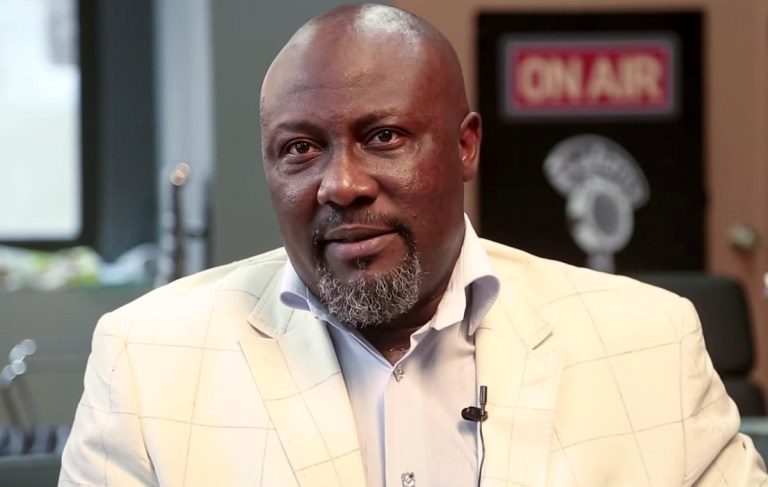In recent times, conversations around economic rebasing have returned to the forefront of national discourse. Many governments, particularly in developing countries like Nigeria, are eager to announce updated GDP figures. But troubling signs abound: some of these figures are drawn from random databases, speculative projections, or even funded through foreign loans. This trend must be critically examined. As it is said, “You do not project or rebase your economy using random databases and speculative figures. Economic rebasing must reflect real growth and measurable activities. You do not borrow to rebase — that is economic deception.”
Economic rebasing is not a political stunt. It is a technical exercise that involves updating the base year used to calculate a country’s GDP, so that it better reflects the current structure of the economy. Done correctly, it reveals how various sectors are evolving — whether agriculture is shrinking, technology is rising, or new industries are emerging. But when rebasing becomes a tool to inflate economic size without substance, it misleads investors, distorts policymaking, and feeds public disillusionment.
In 2014, Nigeria rebased its economy and overnight became Africa’s largest economy. Yet that label did not translate into improved power supply, better infrastructure, job creation, or industrial growth. It was a paper gain — one that brought prestige without progress. Today, the narrative is resurfacing. Talk of another GDP rebasing exercise is in the air. But what’s truly changed? Manufacturing is still crippled by poor electricity. Inflation is breaking records. The naira is still weak. Unemployment, especially among the youth, remains alarmingly high. It is economically unsound — even absurd — to borrow funds for the purpose of rebasing. Rebasing is meant to be a reflection of progress, not a product of borrowed projections. Doing so is not just wasteful; it is deceptive. How do you claim a larger economy when you are borrowing to measure it?
It’s like taking a loan to buy new mirrors for a broken house — the illusion might look good, but the foundation is still crumbling.
If a country is to rebase its economy,
it must be based on verifiable economic activities, not donor-driven data modeling.
It must reflect real sector performance — industries, agriculture, SMEs, services. It must not be funded through loans or foreign aid meant to decorate statistics. It must be part of a broader structural reform agenda, not an isolated PR move.
Economic truth-telling is essential to national development. A nation that rebases on fiction instead of fact is misleading both its citizens and the global community. We need honesty, not hype. Growth, not gimmicks. Let us stop chasing numbers and start building real progress.
Chief Sunny Onuesoke,Warri, Delta State


